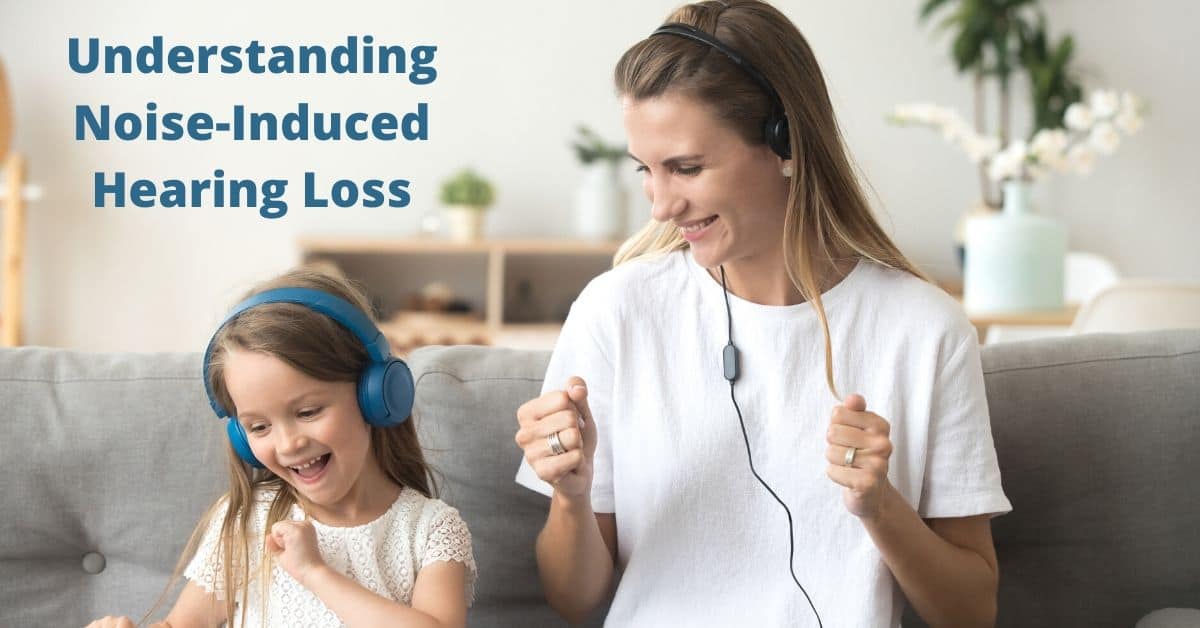
Understanding Noise-Induced Hearing Loss
People lose hearing ability for a wide range of reasons. The most common cause of hearing loss is simply due to the constant inundation of sound over the course of a lifetime. However, how do we differentiate sound from noise? Those who lose some of their hearing, particularly later in life, have been exposed to all kinds of sound and noise. At any time, that exposure might have done permanent damage to hearing ability.
Within the context of other forms of hearing loss, Noise-Induced Hearing Loss (otherwise known as NIHL) accounts for a large percentage. It is impossible to know how large a percentage of people have NIHL, because the noises that cause hearing loss are not only explosions or gunshots. Although these forms of noise can certainly cause damage, other forms of noise can do so, as well. Let’s take a look at the types of sound that cause NIHL, as well as what you can do about it.
What is Noise-Induced Hearing Loss?
As we know, momentary very loud sounds can be sufficient to cause NIHL. Particularly when these brief moments of exposure to noise happen repeatedly, such as a person in training or active duty in the military using weapons or explosives, the damage can be compounded with each blast of exposure.
However, these single incidents of noise are not the only way to contract NIHL. The noise threshold that causes damage might be much lower than you thought. As a general guideline, sound at or below 70 decibels is not damaging to the hearing. Researchers continue to investigate the effects of noise between 70 and 85 decibels where some damage may be done. However, we know that at and above the level of 85 decibels NIHL can be caused. For reference, a normal human conversation tends to be between 60-70 decibels. Movie theaters and motorcycles can cross over into the damaging range of sound, sometimes reaching into the low 100-decibel range.
Beyond these common activities, the sound of a siren can reach up to 129 decibels, and a fireworks show can be as loud as 160 decibels. Those who have one-time sudden exposure to these sounds are at less risk than those who work in environments that cause constant or repeated exposure. The amount of damage depends on the time of exposure, as well. In a working shift in a manufacturing or industrial site, some sounds are so loud that you should drastically limit the time spent on that task.
One of the hidden risks for NIHL is the use of earbuds or headphones. These devices at maximum volume can be as loud as 110 decibels, and use at that level should only be quite brief. However, we know that young people are particularly prone to using earbuds and headphones at too loud a level for too long a time, making public health officials worry about an epidemic of NIHL among younger people.
What Can You Do About Noise-Induced Hearing Loss?
The best step you can take when it comes to NIHL is to make sure you are using proper hearing protection. If you work in a very loud environment, policies should be in place to mandate the use of hearing protection.
In some cases, basic earplugs may be enough, but louder tasks and workplaces require noise-cancelling earmuffs or more advanced forms of hearing protection. Although hearing protection in the workplace should go without saying, some places of business can be lax about their requirements, so you should take the responsibility for your own hearing protection anytime you are in doubt. You can even use a smartphone app to measure the decibel level of your workplace, keeping track of the appropriate time of exposure and context for protection.
However, if you are concerned that you have already incurred NIHL, you can also seek treatment with our team of hearing health professionals. After a hearing test, we will advise you about your treatment options, including which hearing aids are right for your individual needs and lifestyle. The latest hearing aid technology has new features and functions that can help you with noisy environments. When used in connection with hearing protection, you can both prevent further NIHL and treat the needs that you already have. Contact us today to learn more!
